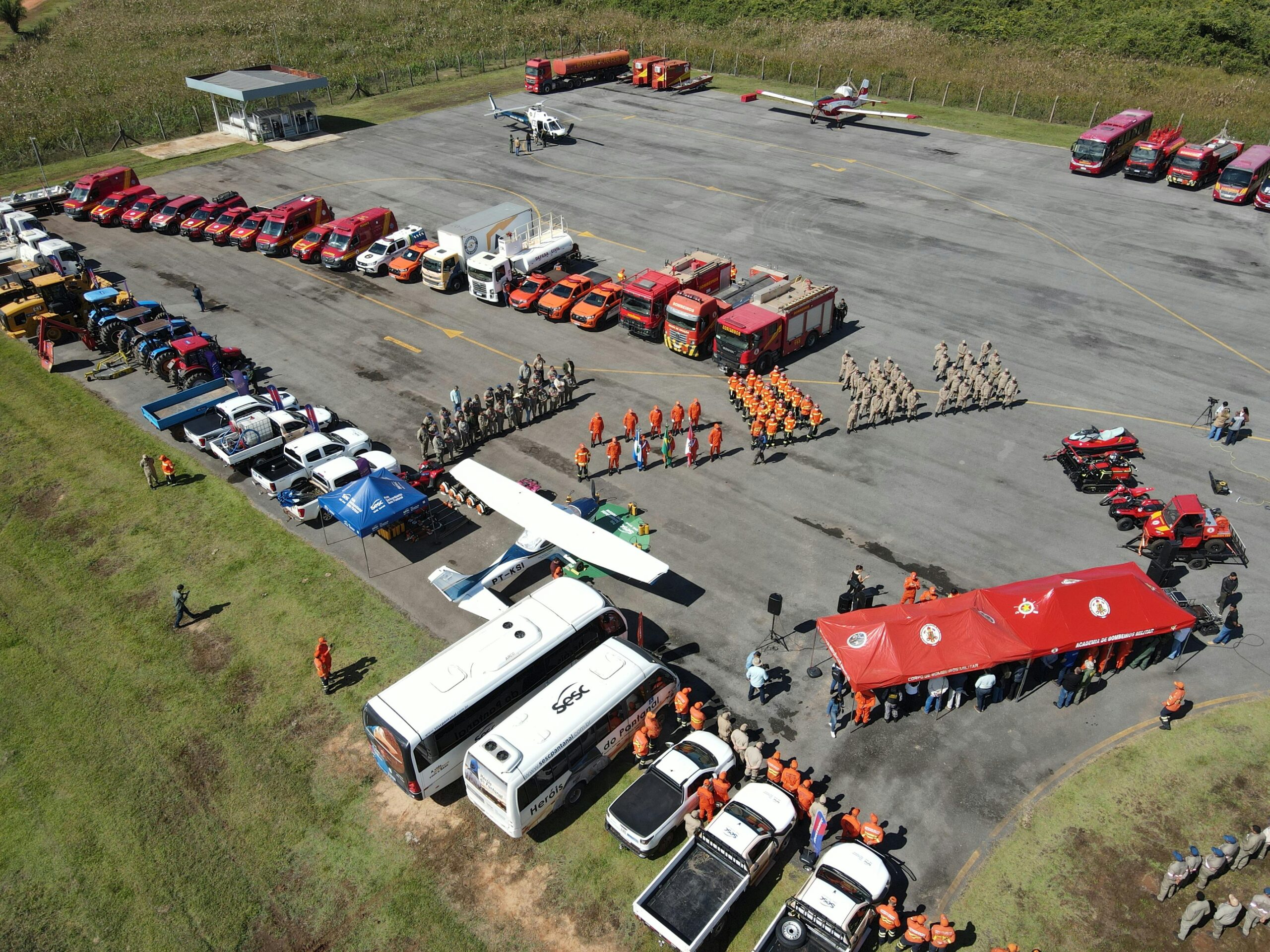
Crisis Management: How the Government Responds to Ethnic Violence
- admin
- June 29, 2025
- Government, India
- 0 Comments
Assessing Government Strategies and Effectiveness in Addressing Communal Conflicts in Contemporary India
Introduction:
In India, a nation characterized by profound ethnic diversity, the management of ethnic violence is a critical and ongoing challenge. This article reviews how the Indian government has responded to recent incidents of communal strife, detailing the effectiveness of these interventions and exploring areas for potential improvement.
Recent Incidents and Government Response:
Recent clashes in Assam and the resurgence of tensions in Manipur have prompted swift governmental actions aimed at curtailing violence and restoring peace. These episodes provide a current window into the government’s crisis management strategies:
- Immediate Law Enforcement Mobilization: Following the outbreak of violence in Assam in late 2023, the central government quickly deployed the Rapid Action Force (RAF) to stabilize the situation. The Ministry of Home Affairs reported that this prompt response was instrumental in curtailing the violence, which had threatened to escalate further.
- Judicial and Investigative Measures: In response to the communal clashes in Manipur, the government established a special investigative team to probe the incidents, ensuring accountability and transparency. This move aims to address the root causes of the strife and to bring perpetrators to justice.
- Rehabilitation and Relief Efforts: For communities affected by these conflicts, the government has rolled out comprehensive rehabilitation programs and financial aid packages, facilitated by the National Relief Fund, to assist with recovery and rebuilding efforts.
Strategic Framework for Crisis Management:
The Indian government’s approach to ethnic conflict is multifaceted, involving several key strategies:
- Preventive Surveillance: Intelligence agencies have ramped up their surveillance in known hotspots for ethnic tension, utilizing advanced technology and ground intelligence to prevent violence before it starts.
- Legal and Policy Reforms: Recent legislative reforms, including stricter penalties for hate crimes and enhanced monitoring of social media, aim to reduce the spread of inflammatory content that can precipitate ethnic violence.
- Community Engagement and Dialogue: Recognizing the importance of healing and reconciliation, the government has initiated dialogue programs that bring together leaders and representatives from conflicting communities to discuss grievances and forge paths toward peace.
Challenges and Areas for Improvement:
While the government’s response mechanisms are robust in certain aspects, challenges remain:
- Coordination Challenges: The effectiveness of crisis response is sometimes hampered by coordination issues between state and central authorities, reflecting the need for more streamlined communication and decision-making processes.
- Sustaining Long-Term Peace: Addressing the underlying socio-economic and political factors contributing to ethnic tensions is crucial. Long-term peace requires sustained efforts beyond immediate crisis management, including economic development, education, and inclusive governance.
- Building Community Trust: The success of government initiatives heavily depends on the trust and cooperation of local communities. Continued efforts to engage transparently with these communities and to deliver on promises are essential for restoring and maintaining peace.
Conclusion:
The government’s strategies for managing ethnic violence in India are comprehensive, yet the execution and long-term sustainability of these measures require ongoing attention. As recent events in Assam and Manipur show, effective crisis management not only involves immediate action but also the foresight to engage in preventative measures and community-building initiatives that address the deeper roots of conflict. In navigating its complex ethnic landscape, India’s continued focus on integration, justice, and community partnership will be pivotal in transforming challenges into opportunities for unity and peace.




